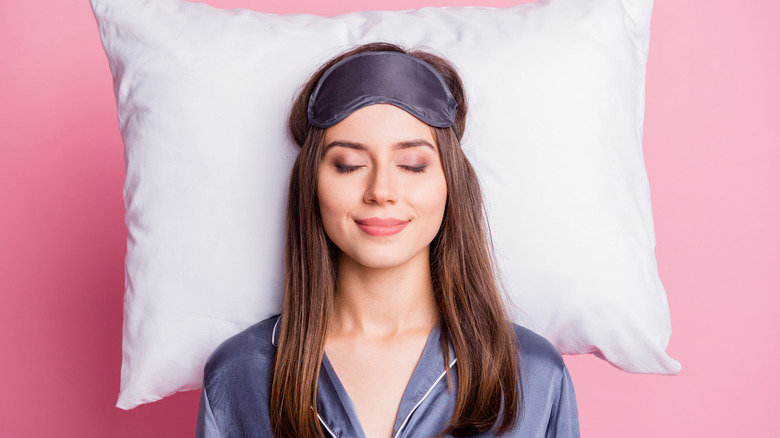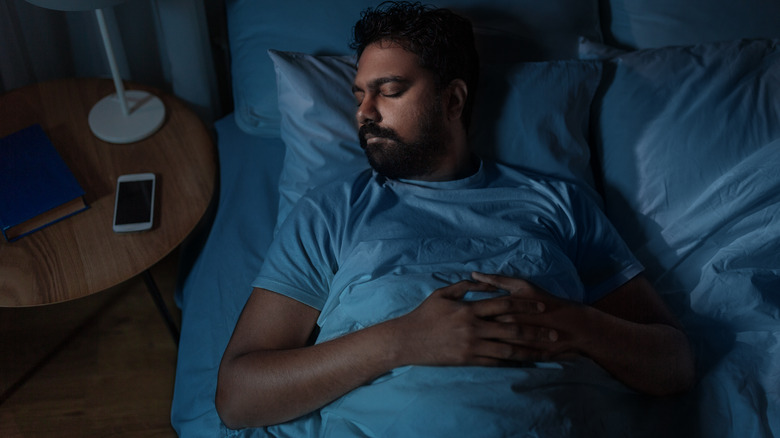The Best Time To Go To Bed, According To Science
Everybody sleeps, but bedtime habits vary from person to person. Sleep Cycle analyzed data from millions of users of its sleep pattern app and found that the average American goes to bed at 11:39 p.m. A study of sleep patterns across 10 countries (via Withings) came to a similar conclusion, placing the average bedtime at 11:40 p.m. on weekdays and 12:10 a.m. on weekends. Older people tend to go to bed earlier than young people, with an average bedtime of 11:23 p.m. for people over the age of 60, compared to 12:20 a.m. for people between the ages of 20 and 24.
It turns out that people who go to bed early may be on to something. Sleep Cycle found that Americans who go to sleep at 10:45 p.m. have the highest sleep quality, and that people who go to bed at 11:04 p.m. tend to wake up in the best mood.
This is why you should go to bed early
One reason it is good to go to bed early is that generally speaking, you will get more sleep that way. Unsurprisingly, data from Sleep Cycle suggest that Americans who go to bed at 10:45 p.m. tend to get at least half an hour more sleep than Americans who go to bed at the average time of 11:39 p.m. By getting more sleep, you improve your cognitive functioning and reduce your risk of infections, obesity, depression, heart disease, and other health issues (per National Institutes of Health).
Of course, what qualifies as "early" will vary by age. Children need much more sleep than adults, so they will generally need to go to bed earlier. Dr. Brandon Peters suggests (via Verywell Health) that school-age children go to sleep between 8 p.m. and 9 p.m., teenagers go to bed between 9 p.m. and 10 p.m., and adults go to bed between 10 p.m. and 11 p.m. That being said, having a specific bedtime is far less important than simply getting a good amount of shut-eye to begin with. If your schedule won't let you go to bed early, then just make sure you're getting enough sleep.


